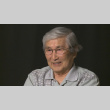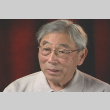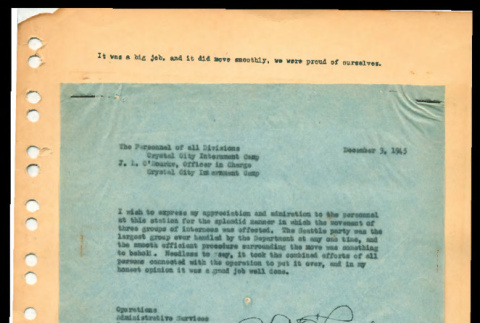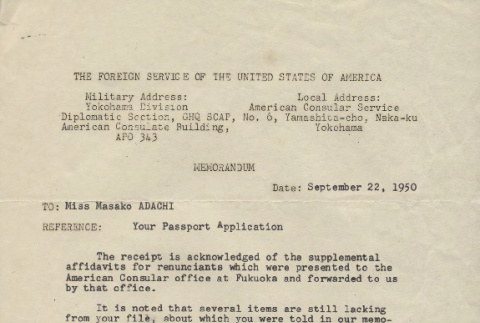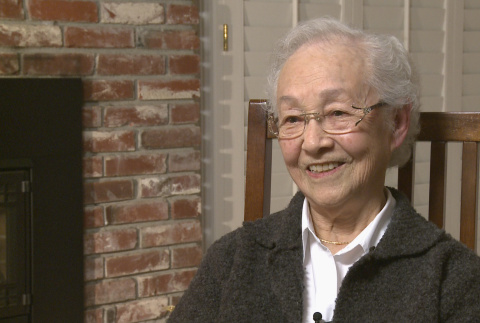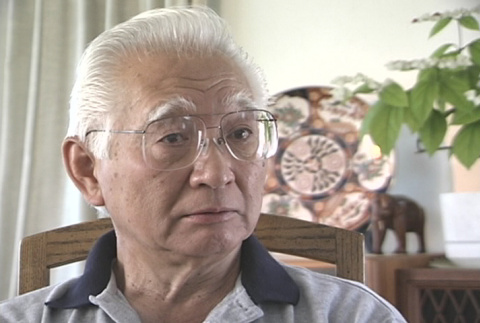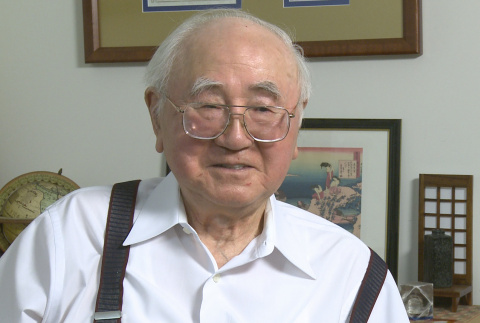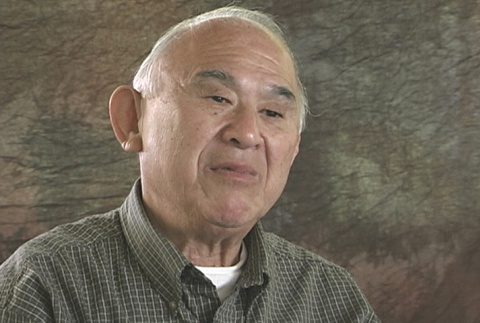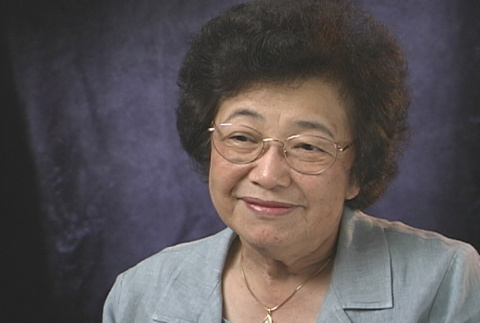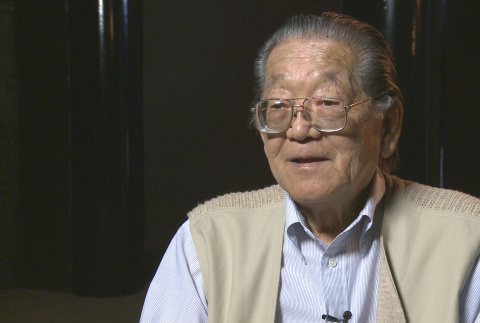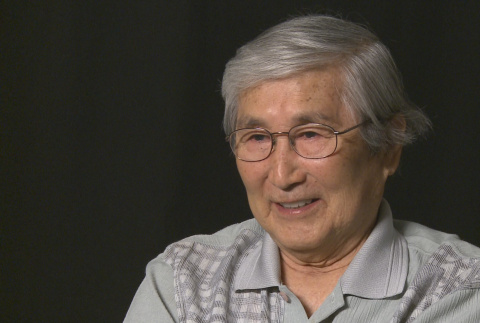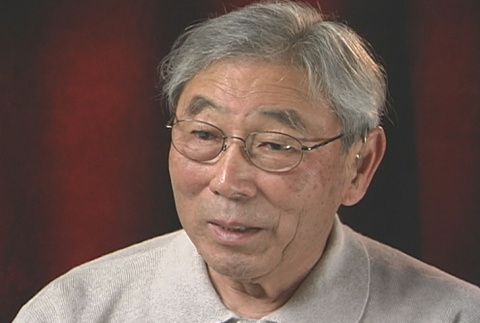Expatriation/repatriation/deportation
From 1943 to 1946, over 20,000 Japanese Americans applied to leave the United States for Japan in a process called "repatriation" (for Issei as non-citizens) or "expatriation" (for Nisei as citizens). Some Issei considered repatriation preferable to remaining in a country that had long discriminated against them. For Nisei, who had rarely been to Japan, expatriation meant renouncing their U.S. citizenship. Some were pressured to do so by family members or extremists; others were bitter about their mistreatment by the government. In total, only 4,724 ended up leaving for Japan directly from the camps and many eventually returned to the U.S. Nearly all Nisei who wanted to were able to regain their citizenship, although the process was long and difficult.
World War II
(231)
Resistance and dissidence
(84)
Expatriation/repatriation/deportation
(217)
Related articles from the
Densho Encyclopedia :
Joe Kurihara
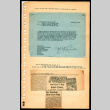
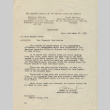
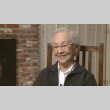

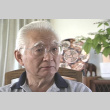
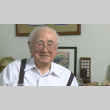
This material is based upon work assisted by a grant from the Department of the Interior, National Park Service. Any opinions, finding, and conclusions or recommendations expressed in this material are those of the author(s) and do not necessarily reflect the views of the Department of …
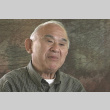












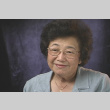

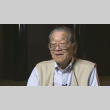
This material is based upon work assisted by a grant from the Department of the Interior, National Park Service. Any opinions, finding, and conclusions or recommendations expressed in this material are those of the author(s) and do not necessarily reflect the views of the Department of the Interior.
